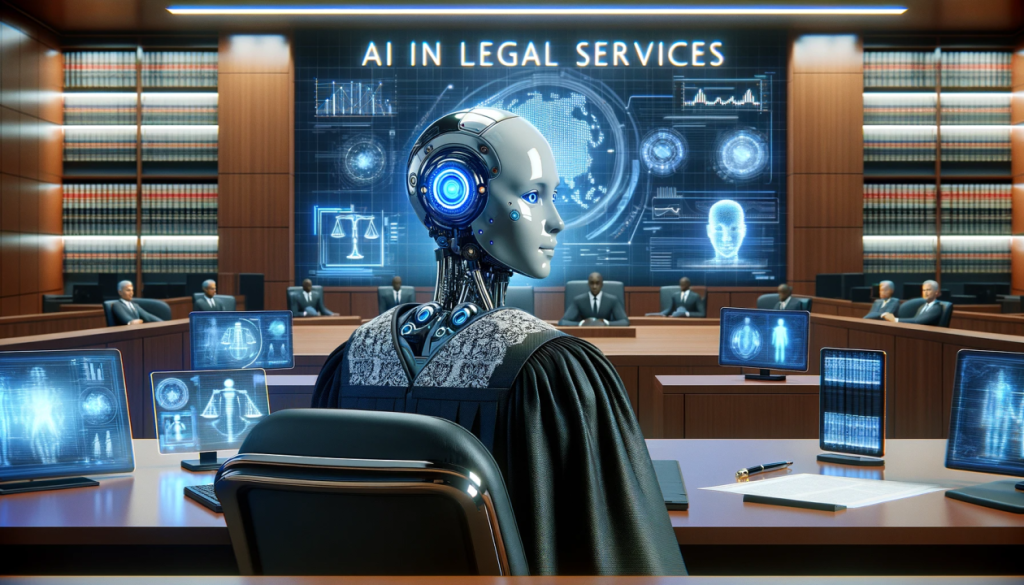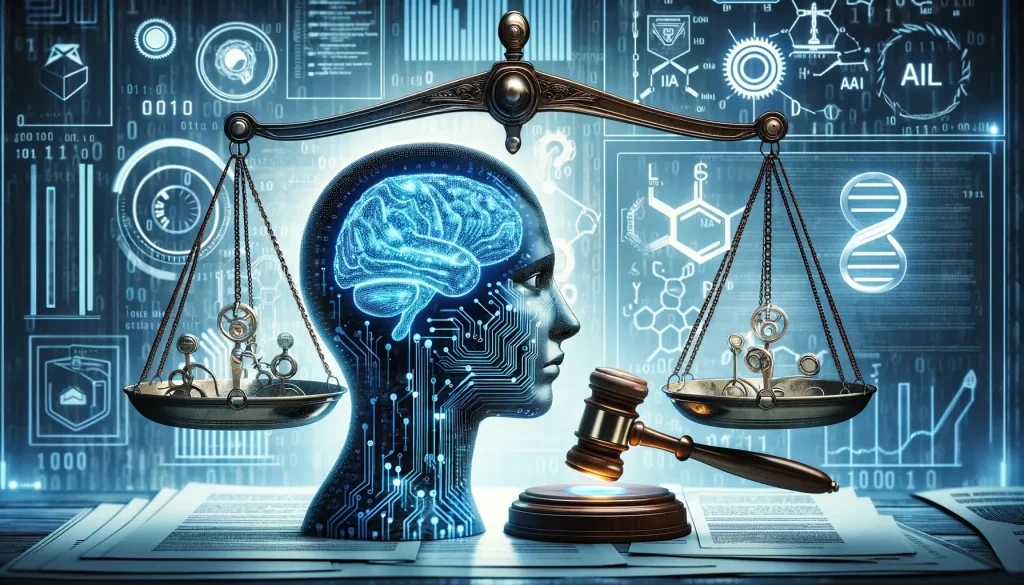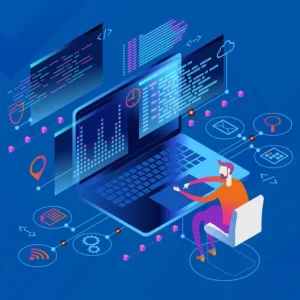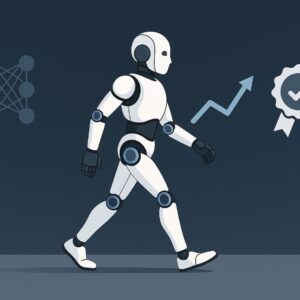AI’s integration into daily life and critical infrastructures offers unprecedented opportunities for enhancing public safety, access to information, and socioeconomic development.
However, the rapid pace of AI development and deployment poses significant challenges, necessitating a balance between innovation and the safeguarding of fundamental human rights. As AI systems are employed by public authorities for profiling, resource allocation, and decision-making, the potential for real and serious impacts on individual rights underscores the need for a rights-based approach to AI governance.
The Ubiquity of AI
AI has rapidly permeated various aspects of society, from daily conveniences like virtual assistants to critical infrastructures in healthcare and transportation. This pervasive presence underscores the transformative potential of AI to revolutionize how we live, work, and interact with the world. In the quest to harness the transformative power of Artificial Intelligence (AI) for societal betterment, the intersection of AI with human rights emerges as a critical frontier.

Advancing Healthcare
AI in Diagnostics and Treatment AI-powered diagnostic tools and predictive analytics are revolutionizing healthcare delivery, improving patient outcomes, and enabling personalized treatment plans. From early disease detection to drug discovery, AI is making healthcare more efficient, accessible, and cost-effective.
Case Studies in AI Healthcare Numerous case studies highlight AI’s impact, such as IBM Watson in oncology, which assists doctors in diagnosing cancer and recommending treatments based on a vast database of medical literature and patient records.
Challenges and Ethical Considerations Despite its benefits, AI in healthcare raises ethical concerns regarding patient privacy, data security, and the need for human oversight to avoid errors in diagnosis and treatment.
Enhancing Education
Adaptive Learning Platforms AI-driven adaptive learning platforms and virtual tutors are transforming the education sector, catering to individual learning needs, and providing personalized learning experiences. By leveraging AI technologies, educators can create interactive and engaging learning environments that foster student success and academic achievement.
AI in Special Education For students with special needs, AI offers tailored educational tools that adapt to their unique learning styles and requirements, enhancing their educational outcomes.
Balancing Technology and Human Touch While AI offers numerous benefits in education, it is essential to balance technological advancements with the irreplaceable human touch that educators provide.
Improving Urban Mobility
AI-Enabled Transportation Systems AI-enabled transportation systems, including autonomous vehicles and smart traffic management, are revolutionizing urban mobility, reducing traffic congestion, and enhancing road safety. By optimizing transportation networks and reducing carbon emissions, AI has the potential to create more sustainable and livable cities.
Smart Cities and AI Smart city initiatives leverage AI to manage public services efficiently, from waste management to energy distribution, improving the quality of life for urban residents.
Ethical and Practical Considerations The implementation of AI in urban mobility must address ethical concerns related to data privacy, security, and the potential displacement of jobs in traditional transportation sectors.
Empowering Businesses
AI-Driven Analytics and Automation AI-driven analytics and automation tools are empowering businesses to make data-driven decisions, optimize operations, and enhance customer experiences. From predictive maintenance to customer segmentation, AI technologies enable organizations to gain valuable insights, drive innovation, and gain a competitive edge in the market.
AI in Retail and Marketing In retail, AI helps in inventory management, demand forecasting, and personalized marketing, enhancing both customer satisfaction and operational efficiency.
Challenges in Business Integration Businesses must navigate challenges such as data privacy, cybersecurity, and the need for upskilling employees to work alongside AI technologies.

Fostering Scientific Discovery
AI in Research and Development AI-powered simulations, data analysis, and modeling techniques are accelerating scientific discovery across various disciplines, from genomics to materials science. By processing vast amounts of data and uncovering complex patterns, AI is driving breakthroughs in scientific research and unlocking new possibilities for innovation.
Notable AI Breakthroughs Significant AI breakthroughs include AlphaFold, which predicts protein structures, and AI models that assist in climate change research by analyzing vast datasets to predict environmental trends.
Ethical Research Practices The scientific community must ensure ethical practices in AI research, including transparency, reproducibility, and addressing biases in AI algorithms.
Enhancing Public Safety
AI in Surveillance and Policing AI technologies are being leveraged to enhance public safety through improved surveillance systems, predictive policing, and disaster response mechanisms. These systems can anticipate and mitigate risks, potentially saving lives and reducing the impact of emergencies.
Disaster Management with AI AI aids in disaster management by predicting natural disasters, optimizing evacuation plans, and coordinating relief efforts, enhancing community resilience.
Balancing Safety and Privacy It is crucial to balance the benefits of AI in public safety with the protection of individual privacy and preventing misuse of surveillance technologies.
Improving Access to Information
AI and Information Accessibility AI is democratizing access to information by making it more searchable, accessible, and comprehensible. From natural language processing to machine learning algorithms, AI is transforming how we access and interact with information, making knowledge more widely available.
AI in Media and Journalism In media and journalism, AI assists in content curation, fact-checking, and automated reporting, enhancing the accuracy and speed of information dissemination.
Challenges of Information Overload As AI increases information accessibility, it also brings the challenge of managing information overload and ensuring the reliability and credibility of AI-curated content.
Socioeconomic Development
AI and Job Creation AI has the potential to drive socioeconomic development by creating new job opportunities, enhancing productivity, and fostering economic growth. By automating routine tasks and enabling new forms of work, AI can contribute to a more dynamic and inclusive economy.
Economic Disparities and AI AI can help address economic disparities by providing tools for education, healthcare, and business opportunities in underserved communities.
Ethical Economic Practices Ensuring fair distribution of AI benefits and addressing potential job displacement through policies and education is crucial for ethical socioeconomic development.
Addressing Challenges and Ethical Considerations
Privacy and Bias Concerns The rapid pace of AI development poses significant challenges, including concerns over privacy, bias, and accountability. A rights-based approach to AI governance is essential to ensure that innovation does not come at the expense of fundamental human rights.
Policy Frameworks for AI Policymakers and stakeholders must collaborate to develop frameworks that balance the benefits of AI with the need to protect individuals from potential harms.
Global Cooperation and Standards International cooperation and the establishment of global standards are vital for addressing the ethical and regulatory challenges of AI development and deployment.
Conclusion
The transformative role of AI in society is both promising and complex. As we continue to integrate AI into various aspects of life, it is crucial to navigate the opportunities and challenges with a balanced and ethical approach. By doing so, we can harness the full potential of AI to improve public safety, access to information, and socioeconomic development while safeguarding fundamental human rights.





